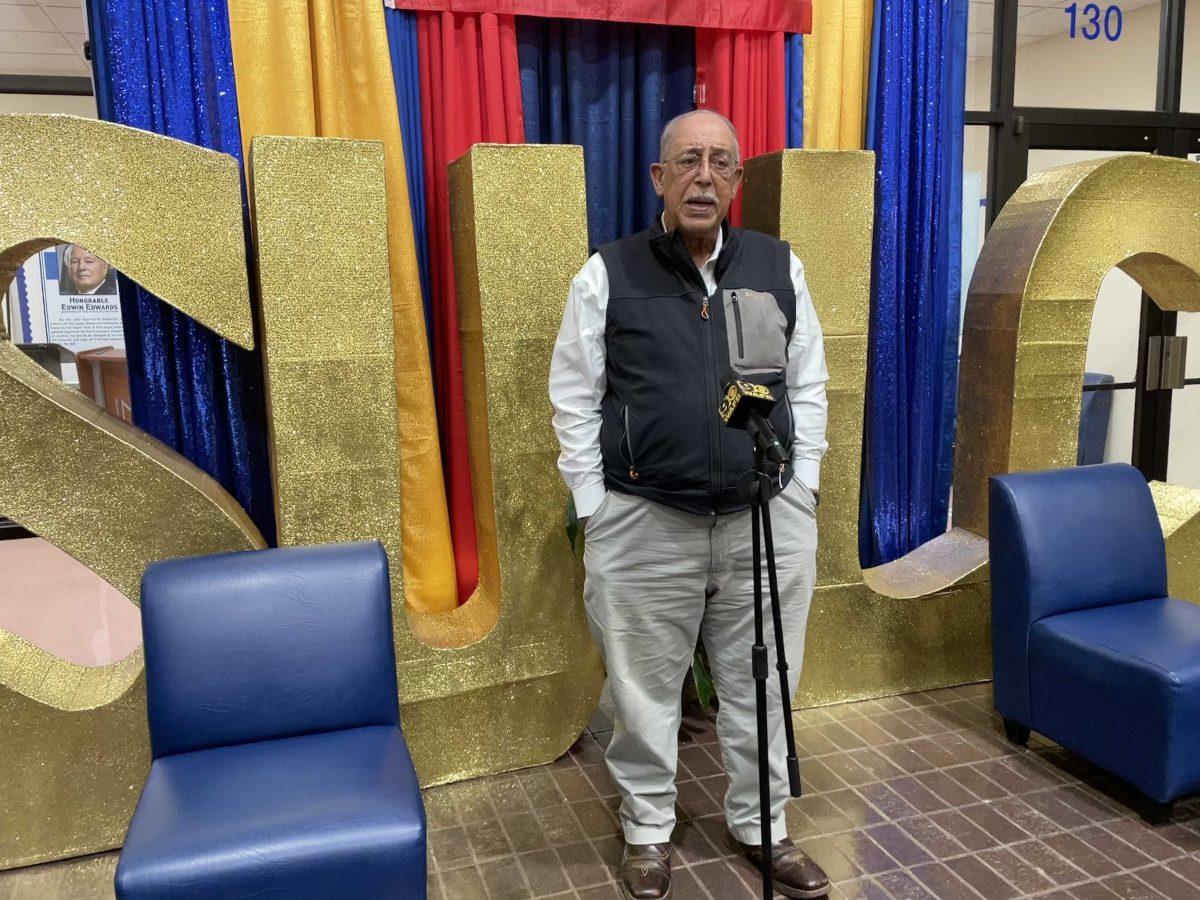Haitian political leaders nailed down plans for a transitional government on Monday after days of negotiations at Southern University Law Center in Baton Rouge.
The conference, called the Haiti Unity Summit, was moderated by U.S. Lieutenant General Russel Honoré, known for leading military relief efforts around New Orleans after Hurricane Katrina.
Negotiations began Friday and were originally slated to end Wednesday, but leaders agreed on a proposed transitional government called the “Accord Unitarie de la Louisiane,” or the “Louisiana Unity Accord.” Louisiana was chosen as a venue for this conference due in part to its Haitian roots, Honoré said.
The agreement will propose a transitional government made up of an appointed president and prime minister to fulfill an unspecified term until elections can be held.
The delegates nominated Fritz Jean, a former interim prime minister of Haiti, to serve as interim president of Haiti, and Mariam Fetiore to serve as interim Prime Minister.
On Jan. 16, Jean put out a statement on twitter.
“We salute all the initiatives that Haitians are taking inside and outside the country to reach a national consensus that will allow us to reach the end of the crisis,” Jean said. “As an actor in [the Montana Accord], we will continue to work for the completion of the process and the transition from the angry cut. Long live Haiti.”
In July 2021, then president of Haiti, Jovenel Moïse, was assassinated at his residence in Port-Au-Prince, throwing an already politically tumultuous nation into further turmoil. In the months following the assassination, over 40 suspects have been detained.
New evidence surfaced this month linking one of the prime suspects in the assassination with Haitian Prime Minister Ariel Henry, who has acted as the president of the country following the assassination.
On top of the political turmoil, powerful gangs took advantage of the chaos and now control parts of the country.
Honoré has asked the United Nations to use international courts to issue warrants for gang leaders so that they can be tried at The Hague.
Moïse’s term ends on Feb. 7, 2022, putting a time crunch on Haiti to reach an agreement on the interim government.
The group has not yet agreed when to hold elections, meaning the term of office of the interim government is not yet determined. Honoré said that the delegates are requesting resources from the international community to help facilitate elections.
Honoré stressed that while all the representatives want elections to be held as soon as possible, the group is prioritizing having secure elections with high voter participation.
“Speedy actions, as not well prepared, will not get good results,” Honoré said. “Only 26% of the people in Haiti got to vote in the last election because of the turmoil. They don’t want to be denied the opportunity to vote.”
After opening comments from Baton Rouge Mayor Sharon Weston Broome on Friday, representatives from Southern University, Honoré, and each of the nine Haitian groups presented their proposals.
Most of the proposals included agreements to have a president and prime minister be head of state and of government and to work to reintegrate the country’s diaspora. But the proposals varied in terms of the length of transition and what, if any, type of additional government would be necessary in the transitionary period.
Haiti has a significant diaspora, much of it located in the United States. Adelcie Juste, the delegate for the Accord du Millieux, or “Accord in the Middle,” stated that the diaspora provides $3 billion in support for Haiti.
Two other political groups are negotiating another accord in Haiti. Honoré said that after conversations with the U.S., French, and Canadian ambassadors to Haiti, he has learned that the accords being negotiated in Haiti have similarities to the accord negotiated in Baton Rouge.
Honoré revealed that representatives from the U.S. State Department and the United Nations are seeking a meeting with representatives of the Accord. The exact details of the rest of the transitional government have yet to be decided, but Honoré said that representatives from the Louisiana Unity Accord may be included.
Throughout the conference, several speakers, including Honoré, drew comparisons between the United States’ struggles with democracy and the challenges facing Haiti today.
Honoré said that he hoped that the conference would give the two nations the opportunity to learn something from each other.
“We’ve always struggled with our democracy and it has been a work in progress. But you know what? It is ugly, it is nasty,” Honoré said, “but democracy is better than all of the alternatives. And it’s always a work in progress. And that’s what we have to remember. It’s not perfect, but it’s better than all the alternatives.”





